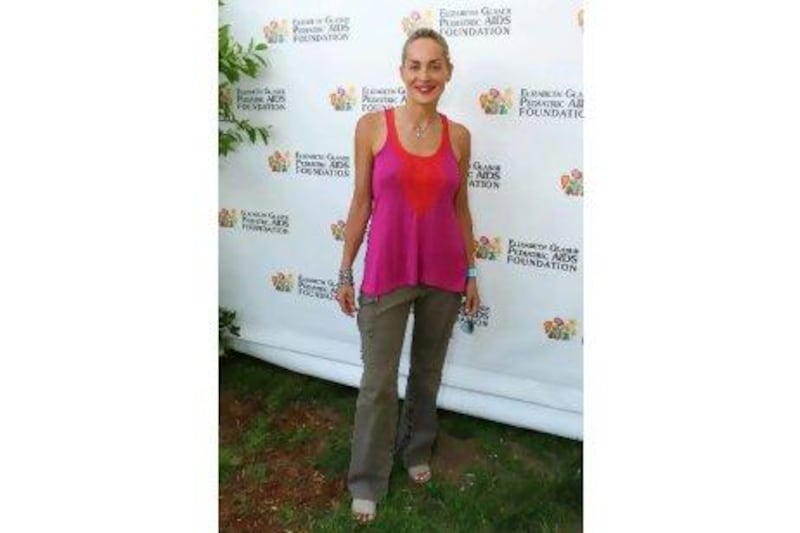Make-up is a funny old thing in that, apart from the obvious oddities, it has the potential to turn us into compulsive liars. We have naturally flawless skin. Lie. We have thick, black lashes that curl back on themselves. Lie. We have a perfectly arched and full brow. Lie. Rose petal cheeks. Lie. I could go on, as the world of beauty is a befuddling one. We already know that symmetrical faces are considered more attractive. That's old news, but now, according to a new study by Procter & Gamble, wearing make-up (but not of Kim Kardashian levels) increases people's perceptions of us; we become more likeable, more competent, and bizarrely, more trustworthy.
So it's all boils down to psychology then, which is normally when I reach for the old freedom of choice card - it is, after all, down to us what we choose to put on our face.
Of course it is. It's not like the mascara police are going to nail us for conscientious objection. It's just that by making the conscious decision to scrap the slap means embarking on a whole new set of values - by choosing to blend in we are, in fact, sticking out.
Look at Hillary Clinton, who showed up to an official event in Bangladesh recently without a scrap on. She might as well have grown a whopping set of sideburns for the amount of controversy it created. Had she "forgotten" her make-up or was it some kind of perspicacious political statement? Neither of course, she had probably just decided enough was enough. "You know, at some point, it's just not something that deserves a lot of time and attention," she told CNN.
The truth is, without make-up most of us tend to feel lacklustre, a bit grey, like a piece of over-boiled meat. We live in a time when a lack of make-up no longer suggests our demand to be taken seriously. In fact, we are clobbered for looking anything less than perfect. Impossible to avoid, the media will make sure there is no room for error, as every magazine, TV show or blog will help "fix" our perceived flaws.
All this makes the recent trend of celebrities tweeting supposedly barefaced pics of themselves make-up free in the art of female camaraderie all the more sickly. As any good make-up artist will admit, the "no make-up" look involves a lot of work. Lashes will be dyed, with semi-permanent extensions, brows are tinted, a good light reflecting, tinted moisturiser will be evenly spread on an expensively exfoliated and often lasered skin. That full, shiny, perfectly messy hair will be mostly made up with extensions from India, pumped with keratin to retain gloss. And all this is meant to make us feel better. I think not.
Could we survive a week without make-up? Of course we could, and if we couldn't there are some issues there that need addressing, pronto. Make-up is a tool for reinvention if we so choose, and focusing on others' perceptions misses the point. Like most things, our insecurities are wrapped up in our own negative thought patterns. I'm sure that choosing to go barefaced wouldn't necessarily mean being deemed less pretty or fun by others. Instead, we should address the fact that we may hold ourselves differently, owing to vulnerability.
It's a tough one, because we live in a society, unfairly, in which beauty is rewarded. Therefore, stepping out and going against the grain takes some effort. We are attached to how much better we "think" we look in make-up, but perhaps the burning question in all of this is: "Why do we think it will make us look better?" If you can answer that honestly then you have nothing to worry about, but truthfully it's been troubling me ever since I asked it in the first place.






